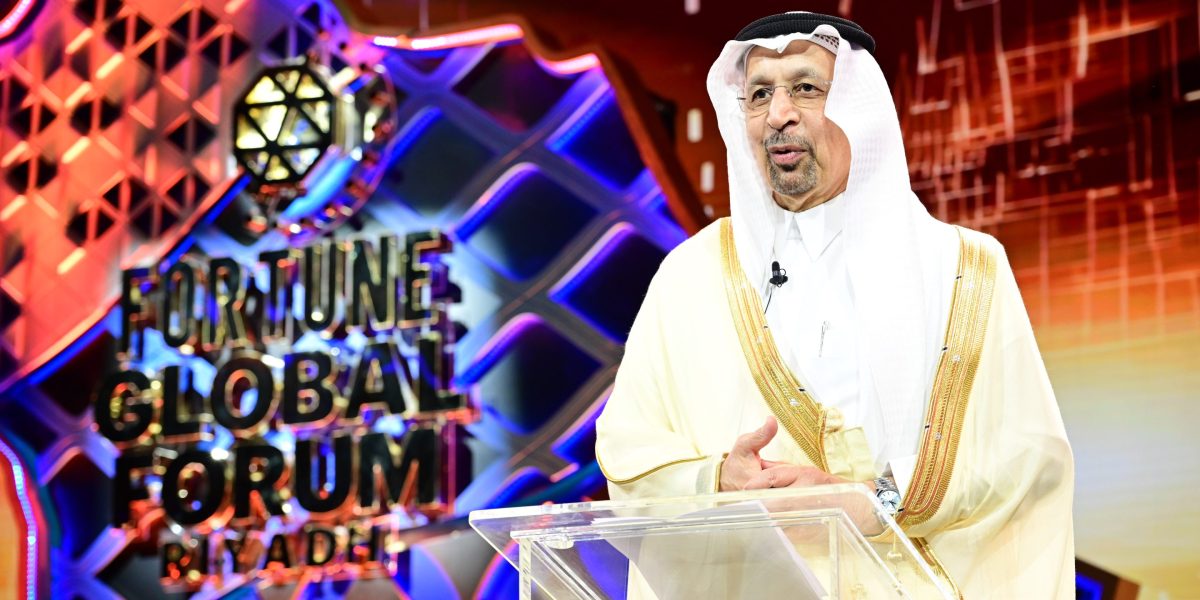
"Speaking at the Fortune Global Forum in Riyadh, Saudi Arabia, Al-Falih said the rapid pace of tech innovation, changes in trade policies, and the rise of new markets in the Global South have brought about massive change. Countries and businesses both have to adapt to this changing world, even as "the very foundations of global business are being shaken, in a way, and being rewritten before our own eyes.""
"The Trump administration has imposed a 10% "baseline tariff" on Saudi Arabia, but has regularly imposed higher tariffs on other trading partners. Most recently, President Donald Trump imposed an additional 10% tariff on Canada on top of existing tariffs to retaliate for an anti-tariff advertisement aired by the province of Ontario, which featured former President Ronald Reagan."
"For its part, the kingdom has made collaboration one of its strengths, said Al-Falih. In just the past decade, under Crown Prince Mohammed bin Salman's Vision 2030 plan, the kingdom's non-oil economic activities rose to 56% of the economy, up from less than half when the plan was launched in 2016. Its overall economy has grown to about $1.3 trillion, from $650 billion before the plan, while unemployment has fallen below 7%, and women's participation in the economy has doubled."
Rapid technological innovation, shifting trade policies, and the rise of new Global South markets are driving major changes in global business. Increasing protectionist measures represent a setback to interconnected trade and resilience. No nation or company can achieve full resilience in isolation; advantage lies in connected resilience rather than isolated approaches. The United States has applied tariffs, including a 10% baseline tariff on Saudi Arabia and additional retaliatory tariffs such as a 10% levy on Canada. Saudi Arabia diversified under Vision 2030: non-oil activity reached 56% of the economy, GDP rose to about $1.3 trillion, unemployment fell below 7%, and women's economic participation doubled. The kingdom positions itself as an investment destination and growth catalyst.
Read at Fortune
Unable to calculate read time
Collection
[
|
...
]